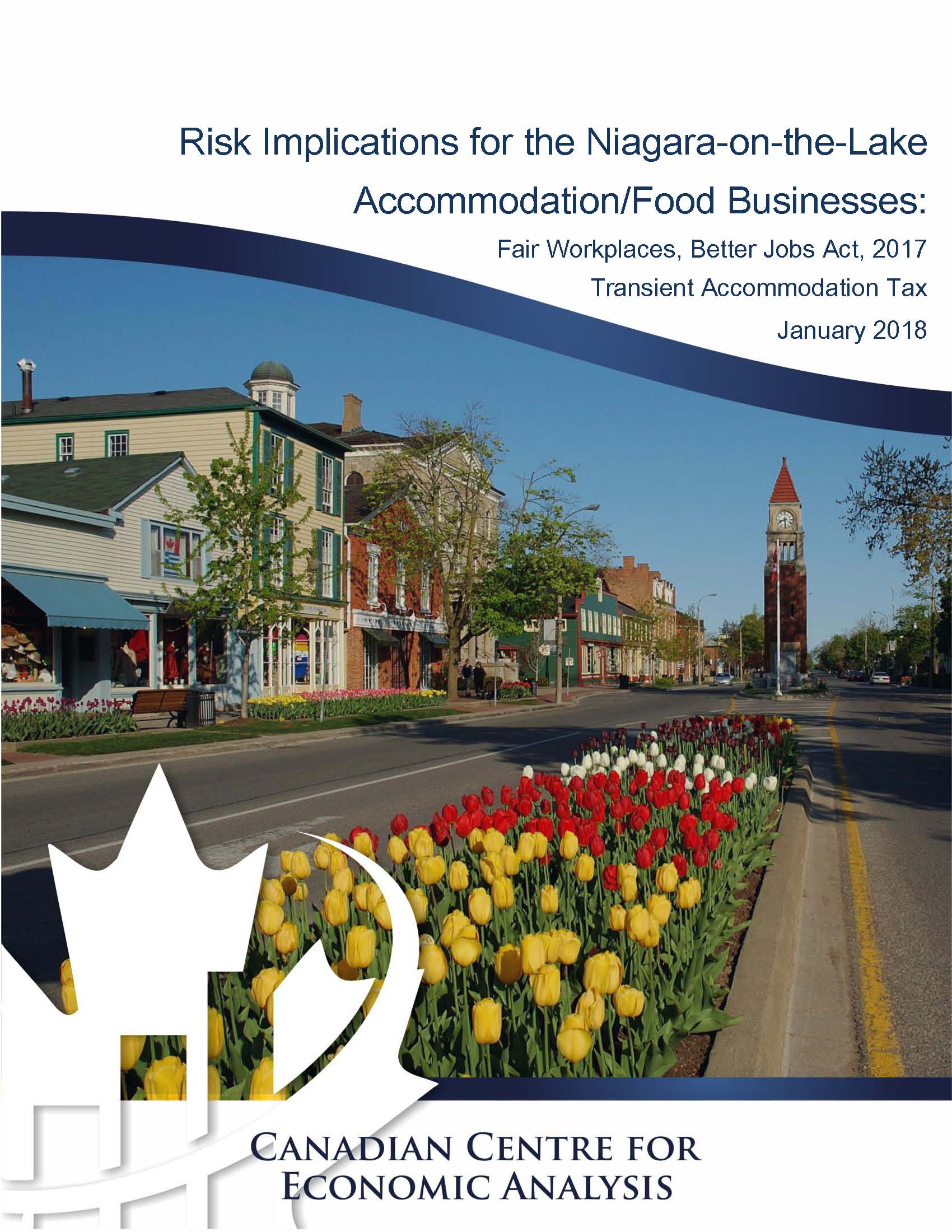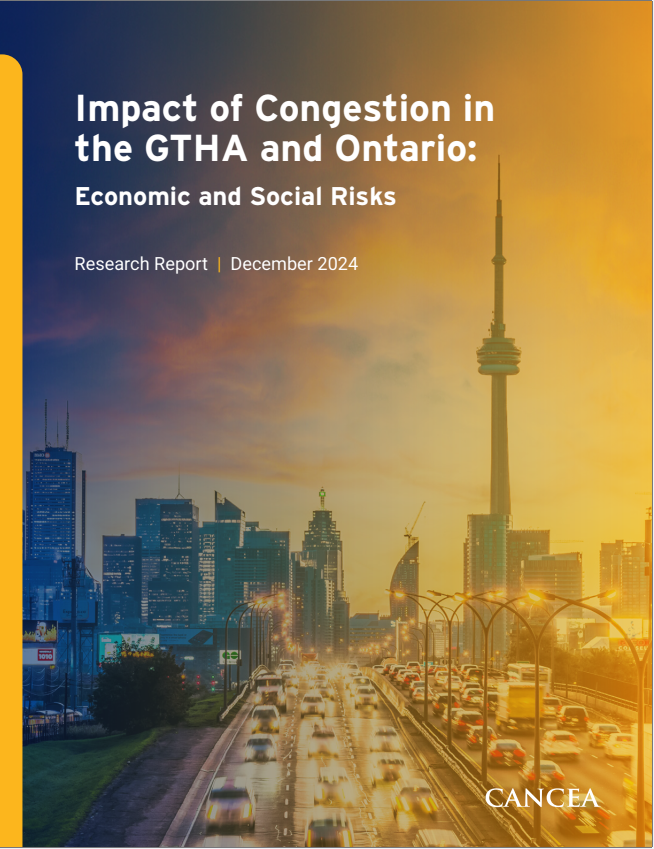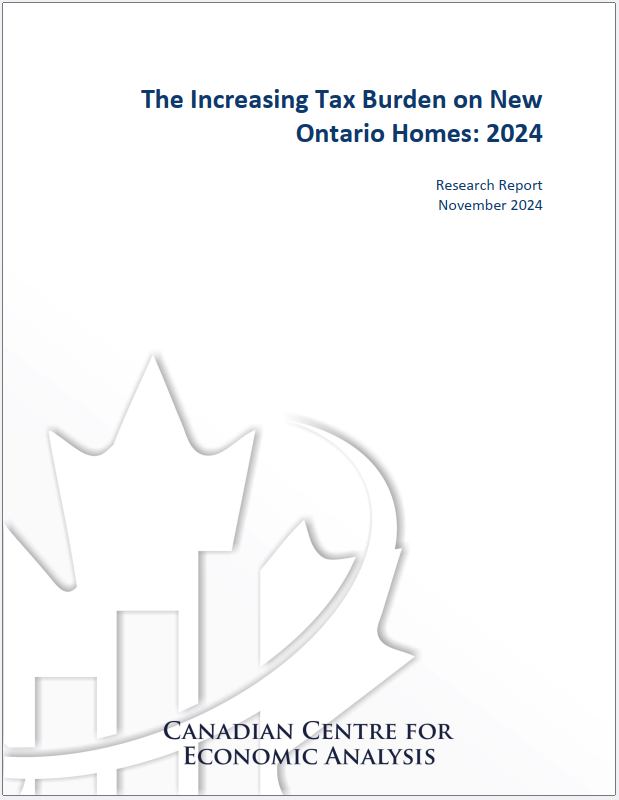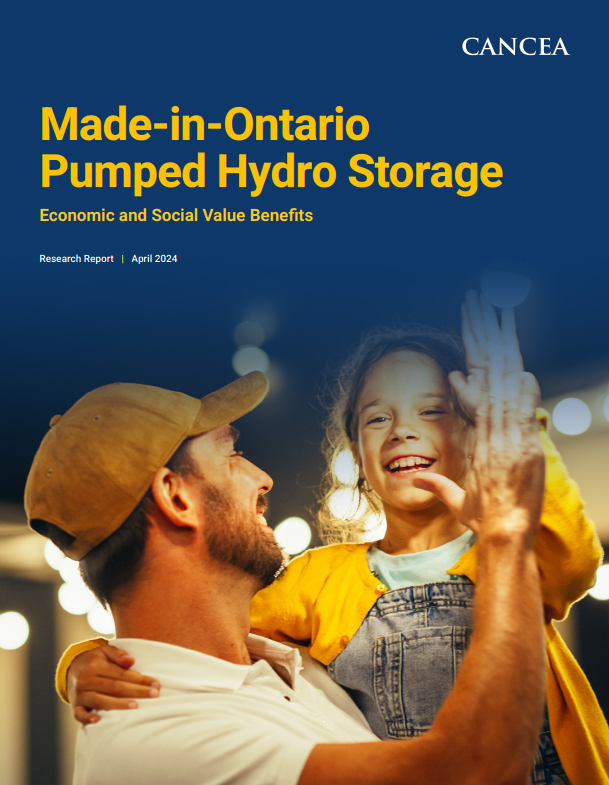The recently passed Bill 148: Fair Workplaces, Better Jobs Act, 2017 (the Act) represents a package of sudden and significant changes for Ontario businesses to digest over the next few years. Sectors such as accommodation and food are expected to be more affected by the labour changes given their lower gross operating margins and high proportion of minimum wage paying labour costs.
To the extent of changes in demand by overnight visitors, the Act is expected to cost the accommodation and food sector in Niagara-on-the-Lake $2.5 million in lost gross operating surplus. Price changes induced by the Act alone are expected to account for 3,100 fewer overnight visitors to the region in a year.
Along with the business risks associated the Act, the introduction of a Transient Accommodation Tax (”Accommodation Tax”) in 2018 would compound these risks for the region as:
- About 72% of the person visits to the region are for pleasure, a form of tourism that is most sensitive to price changes; and
- Combined with the additional costs associated with the Act, an Accommodation Tax of 3% compounds the:
- Reduction of overnight visitor demand from 3,100 to 8,400 per annum, of which many non-accommodation businesses depend on; and
- Costs of the Act by 1.35 times, with the total cost to business amounting to $3.4 million in 2018. This represents an effective 5.7% reduction in business revenues.
While an Accommodation Tax of 3% on such activity would raise about $780,000 from overnight visitors, it would cost local businesses $1.5 million in lost revenue and local households $530,000 in lost wages (after accounting for half of the Accommodation Tax paid as wages in the region).











